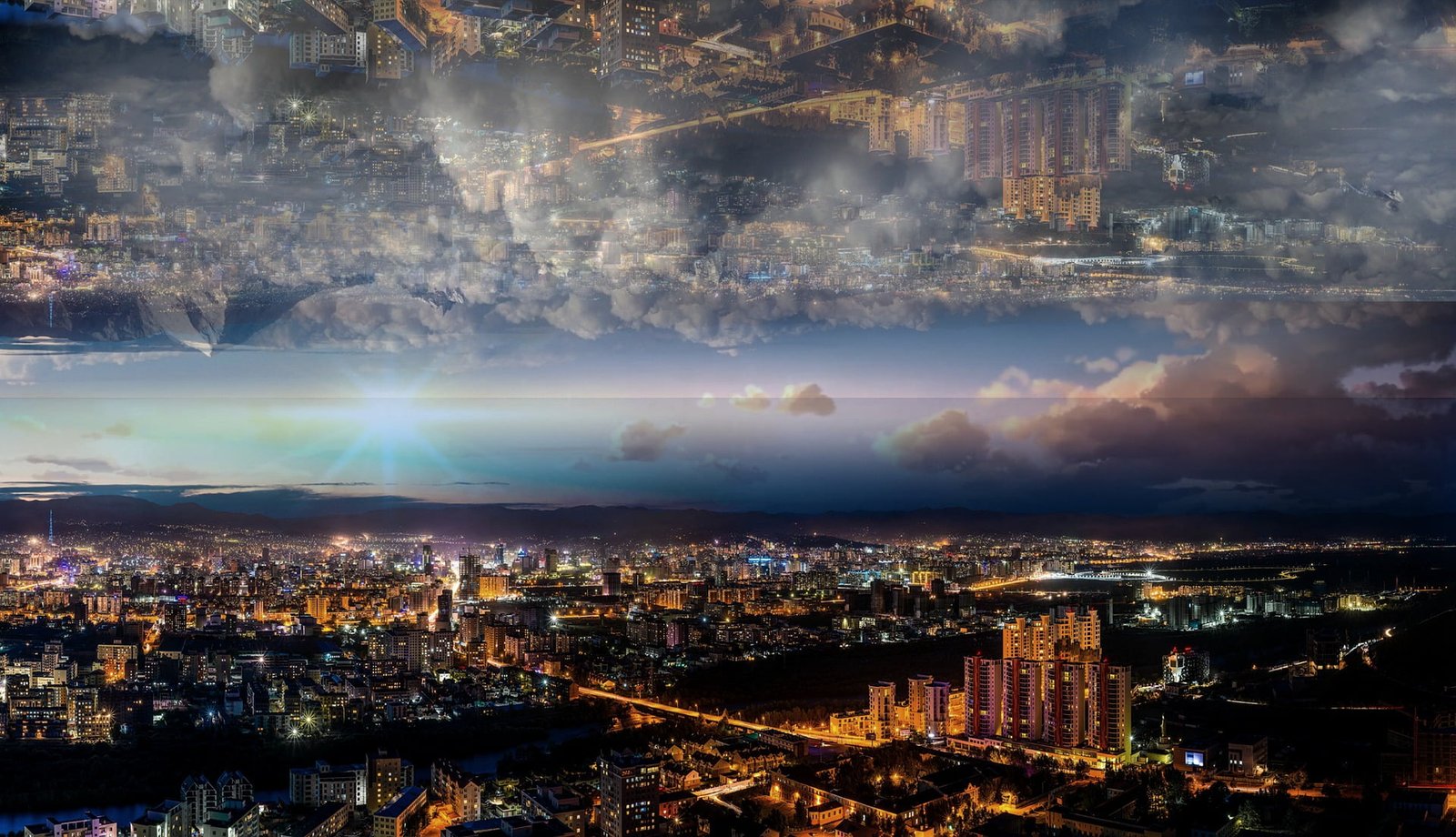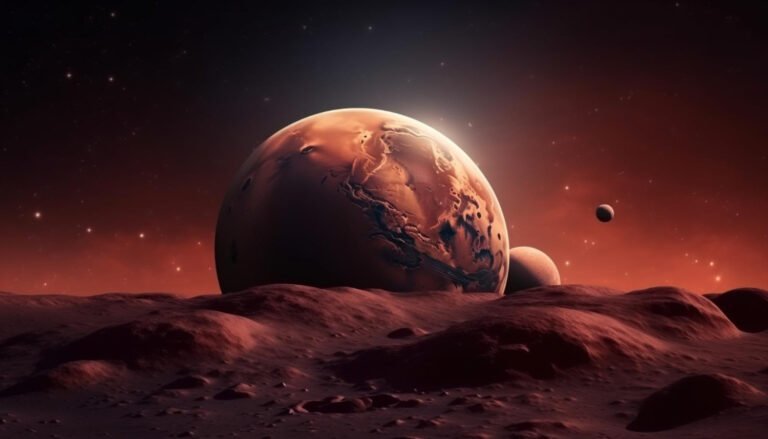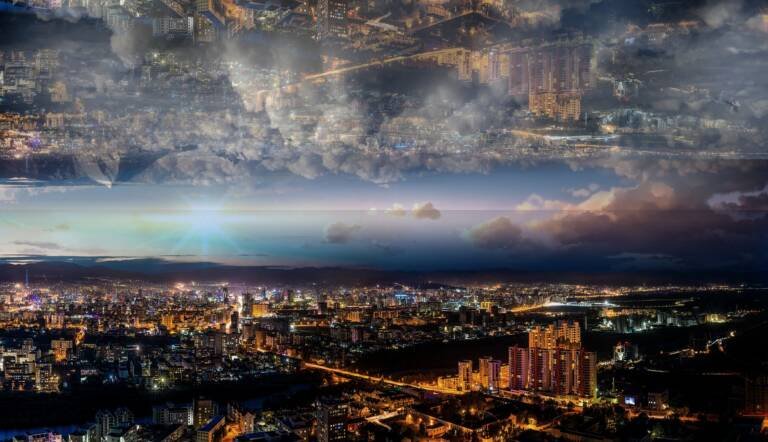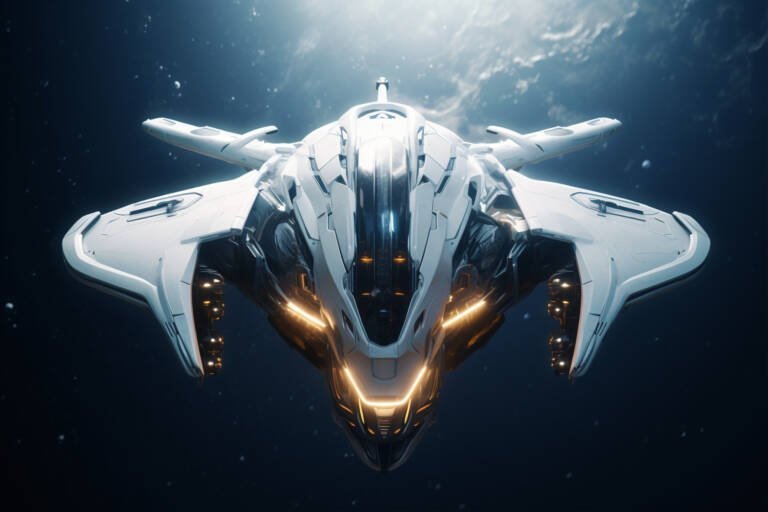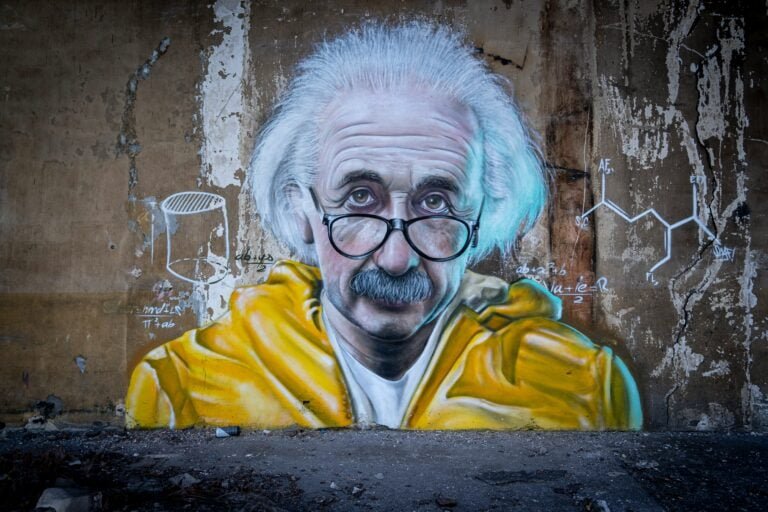Introduction to the Multiverse Theory paradox
The Multiverse Theory paradox has captivated the minds of scientists, philosophers, and science fiction enthusiasts alike. Originating from speculative physics, this theory posits the existence of multiple universes beyond our own, each with its own unique set of physical laws and possibilities.
Definition and Origin of the Multiverse Theory paradox
The concept of multiple realities can be traced back to ancient philosophy, but it wasn’t until the 20th century that the idea of a multiverse gained traction in scientific circles. Theoretical physicists like Hugh Everett III and Max Tegmark have proposed various models of the multiverse, sparking debates about the nature of reality itself.
Evolution of the Concept of Multiple Realities
Over time, the Multiverse Theory paradox has evolved from a fringe idea to a legitimate field of study within astrophysics and quantum mechanics. Advances in technology and theoretical frameworks have allowed researchers to explore the implications of living in a multiversal cosmos.
Different Interpretations of the Multiverse
There are several competing interpretations of the multiverse, ranging from the Many-Worlds Theory to the Bubble Multiverse Hypothesis. Each interpretation offers a unique perspective on the nature of parallel universes and the underlying structures that govern them.
The Paradox of Infinite Possibilities
In a multiverse where every possible outcome exists, navigating the complexities of infinite realities can be mind-boggling. From diverging paths based on individual choices to the challenges of determining probabilities in an infinite sea of universes, the multiverse presents a paradox that challenges our understanding of existence.
Diverging Paths: How Decisions Shape Different Realities
Imagine a world where every decision you make leads to a branching reality, each one playing out simultaneously in parallel universes. This idea, known as the “Butterfly Effect,” highlights the interconnectedness of our choices and their impact on the fabric of reality.
The Problem of Probability in Infinite Universes
In a multiversal framework, the concept of probability takes on a whole new meaning. With an infinite number of universes, each with its own unique events and outcomes, the likelihood of any specific scenario occurring becomes both infinitely small and infinitely probable.

Reconciling Determinism with Multiverse Theory paradox
The age-old philosophical debate between determinism and free will finds new life in the context of the multiverse. Can we truly have agency in a universe where every possible future exists simultaneously, or are we simply playing out predetermined roles in an infinitely complex cosmic drama?
Quantum Mechanics and the Multiverse theory paradox
The realm of quantum mechanics provides a fertile ground for exploring the implications of the multiverse. Concepts like parallel universes in quantum superposition, quantum entanglement, and Schrödinger’s Cat offer unique insights into the interconnected nature of reality.
Parallel Universes in Quantum Superposition
In the world of quantum physics, particles can exist in multiple states simultaneously, a phenomenon known as superposition. This concept extends to the idea of parallel universes, where different realities coexist and interact with one another in a quantum dance of possibilities.
The Role of Quantum Entanglement in Multiverse Theory paradox
Quantum entanglement, where particles become interconnected regardless of their distance from each other, opens up new possibilities for understanding the interconnectedness of parallel universes. Could entangled particles be the key to bridging the gap between different realities?
Schrödinger’s Cat and the Many-Worlds Interpretation
The famous thought experiment of Schrödinger’s Cat highlights the bizarre implications of quantum mechanics, where a cat inside a box can be both alive and dead at the same time. This paradoxical scenario is central to the Many-Worlds Interpretation, which posits that every quantum event creates a new universe.
Philosophical Implications of the Multiverse
Beyond the realm of science, the multiverse theory raises profound philosophical questions about ethics, identity, and the search for meaning in an infinite cosmos. Exploring these implications sheds light on our place in the multiversal tapestry.

Ethical Dilemmas in a Multiversal Framework
In a multiverse where every action has infinite consequences, how do we navigate the ethical complexities of our choices? The concept of moral relativism takes on new dimensions in a world where every possible outcome exists simultaneously.
Identity and Existence Across Multiverses
If every version of ourselves exists in a multiverse of possibilities, what does it mean to be truly unique or authentic? Exploring the nature of identity in a multiversal context challenges our preconceived notions of self and existence.
The Search for Meaning in an Infinite Cosmos
As we grapple with the vastness of the multiverse, the search for meaning takes on new significance. How do we find purpose and significance in a reality where every conceivable outcome exists, and our actions ripple across infinite universes?
Practical Applications and Future Directions
While the multiverse theory may seem like a concept reserved for science fiction, there are practical implications and potential applications of this theory that could shape our future understanding of the cosmos. From detecting parallel universes to exploring ethical considerations, the multiverse theory opens up a world of possibilities.
Multiverse Theory in Science Fiction and Popular Culture
The concept of parallel universes has long captured the imagination of storytellers and creators in science fiction and popular culture. From the “Mirror Universe” in Star Trek to the alternate realities in Marvel’s “What If?” series, the multiverse provides a rich tapestry for exploring endless possibilities.
Experimental Approaches to Detecting Parallel Universes
While the idea of detecting parallel universes may sound like science fiction, researchers are actively exploring experimental approaches to test the validity of the multiverse theory paradox . From studying cosmic microwave background radiation to investigating quantum anomalies, scientists are pushing the boundaries of what we know about the cosmos.
Ethical Considerations in Manipulating Multiversal Realities
As we delve deeper into the implications of the multiverse theory paradox , ethical considerations around the manipulation of parallel universes come to the forefront. How do we navigate the responsibility of wielding such power, and what safeguards should be put in place to prevent unintended consequences?
Conclusion: Navigating the Multiverse Theory Paradox
In conclusion, the multiverse theory paradox presents a paradoxical landscape of infinite possibilities and existential questions. As we grapple with the implications of living in a multiversal cosmos, embracing the complexity of this theory opens up new horizons of understanding and exploration.
Recap of Key Concepts and Challenges
The Multiverse Theory challenges our notions of reality, probability, and existence, inviting us to explore the interconnected nature of parallel universes and the philosophical implications of living in an infinite cosmos.
Theoretical Limitations and Unanswered Questions
While the multiverse theory paradox offers tantalizing insights into the nature of reality, there are still many unanswered questions and theoretical limitations that require further exploration. From the nature of consciousness to the boundaries of scientific inquiry, the multiverse theory continues to push the boundaries of our understanding.
Embracing the Complexity of Multiverse Theory
As we navigate the complexities of the multiverse theory paradox , embracing the inherent uncertainties and mysteries of parallel universes invites us to expand our minds and explore the vast landscape of possibilities that exist beyond our own reality.
FAQs
- How does the multiverse theory paradox relate to the concept of parallel universes? The multiverse theory paradox encompasses the idea of parallel universes, suggesting that they coexist alongside our own.
- Can we ever hope to fully understand or prove the existence of multiple realities? While challenging, scientific exploration and philosophical inquiry continue to shed light on this enigmatic topic.
- What practical implications could the multiverse theory have on our everyday lives? While not directly applicable yet, it fuels our imagination and inspires scientific curiosity.
- Are there any real-world examples or evidence supporting the idea of a multiverse? Currently, evidence remains elusive, but ongoing research keeps the dream alive.
- How can we best approach the philosophical and ethical dilemmas posed by the concept of infinite universes? By embracing uncertainty and engaging in thoughtful discourse, we navigate the multiverse’s paradoxes. 🌟
- “What is the multiverse—and is there any evidence it really exists?”
This National Geographic article explores the concept of the multiverse, its origins, and the various scientific theories that predict the existence of other universes beyond our own. It also delves into the philosophical implications and challenges of studying the multiverse1 - “Multiverse Theories: Philosophical and Religious Perspectives”
This article provides a philosophical perspective on the multiverse, discussing physically distinct universes and their various names (such as alternative, quantum, or parallel universes). It also touches on the historical context of the term “multiverse.” 2 - “What is multiverse theory?”
Live Science offers a concise overview of multiverse theories, including the possibility of other universes and the intriguing idea that there could be alternate versions of ourselves out there3
Feel free to explore these references further to deepen your understanding of this mind-bending topic! 🌌
Learn more 1nationalgeographic.com2oxfordre.com3livescience.com4assets.cambridge.org5cambridge.org6doi.org7en.wikipedia.org
